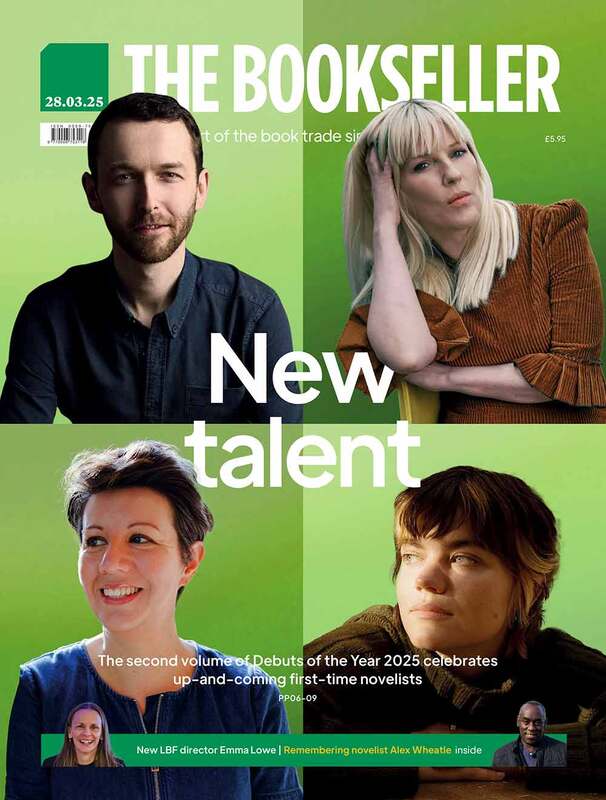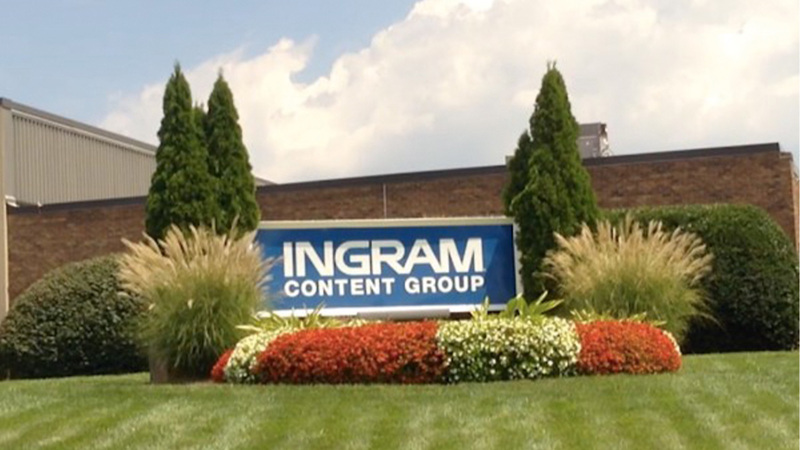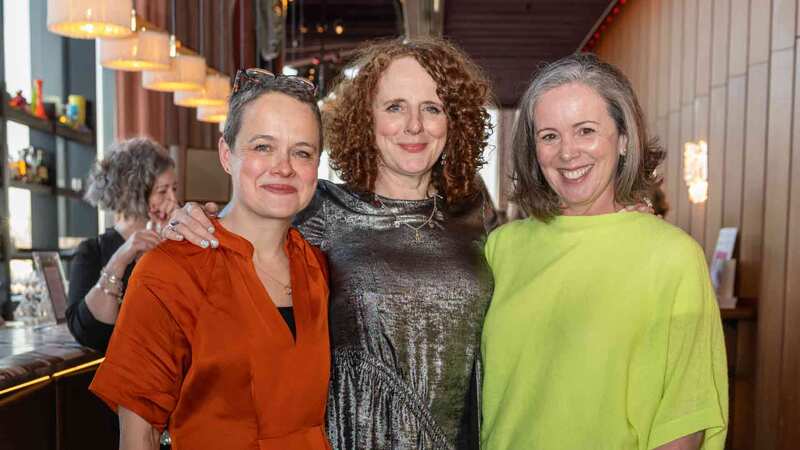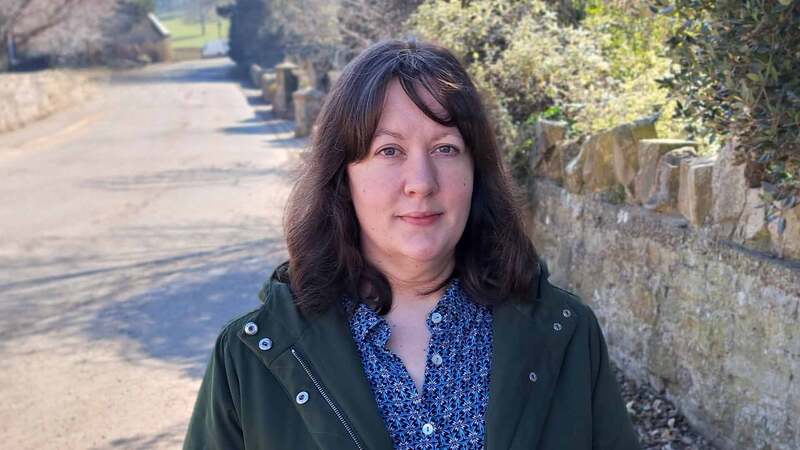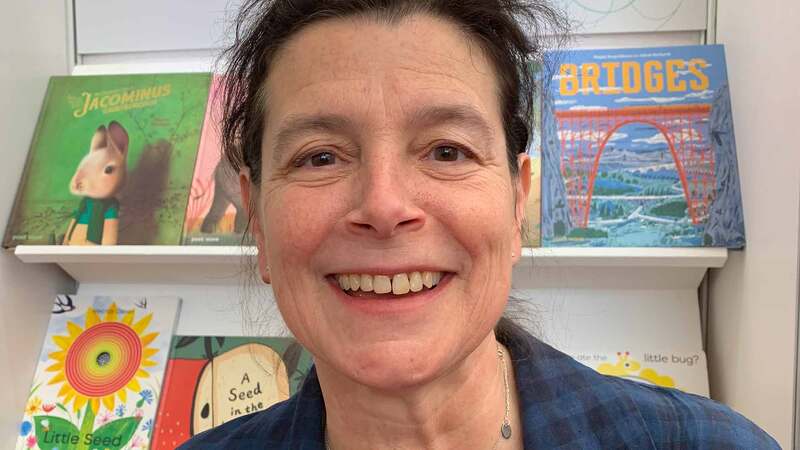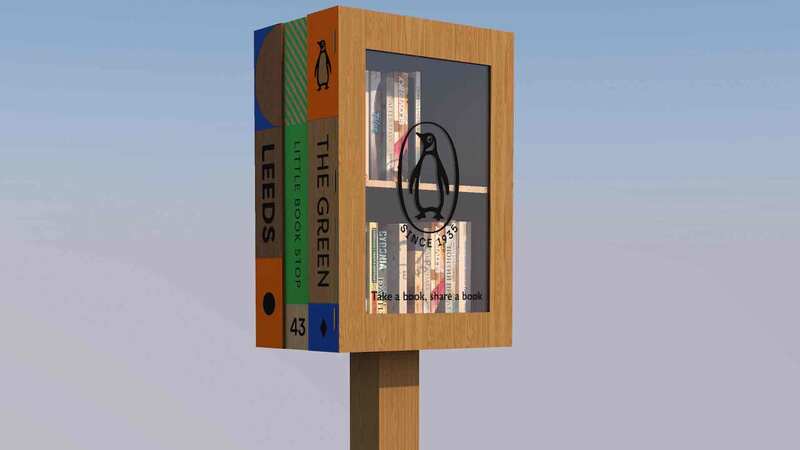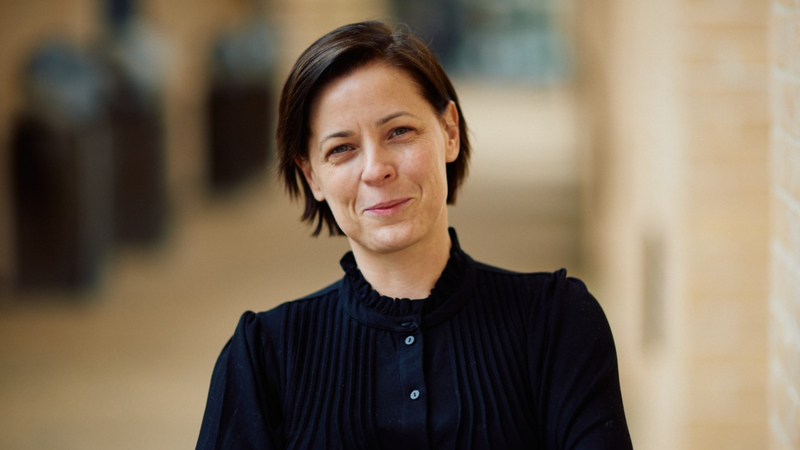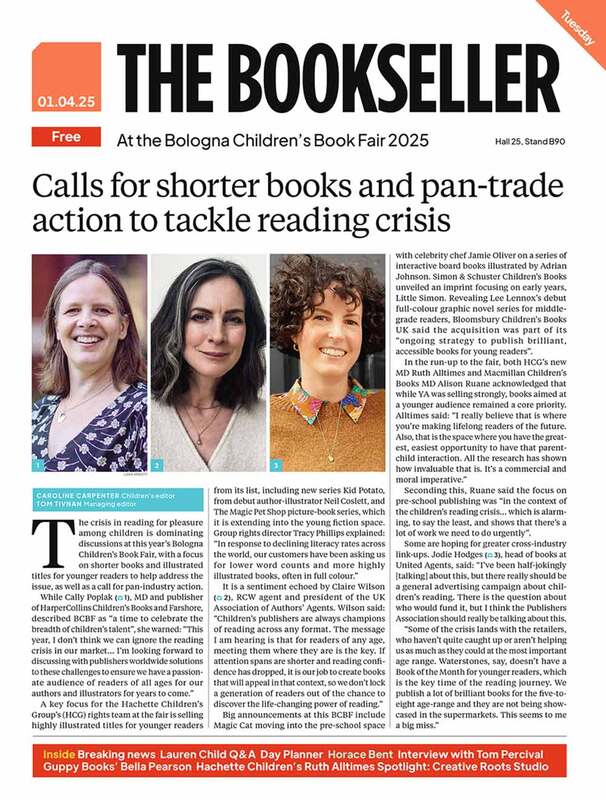You are viewing your 1 free article this month. Login to read more articles.
Taskforce to research 'sustainability' of volunteer-run libraries
The Libraries Taskforce has pledged to undertake research into community-managed libraries following concerns about their "long-term sustainability". It has also promised to create a new "peer support network" to ensure that libraries run by volunteers provide a “high quality service” to local people.
In a blog post, Taskforce c.e.o. Kathy Settle said that local authorities which work in partnership with communities to deliver library services can be a “valuable [way] of augmenting the services available and ensuring close collaboration and engagement between public libraries and the communities they serve”.
However, according to Settle, the Taskforce is concerned about the "long-term sustainability" of volunteer-run libraries and their ability to maintain a “wide ranging, high quality service offer”. She added that the Taskforce recognises that many local authorities are considering community-managed libraries, so it wants to ensure that local authorities and communities are understand the pros and cons of such libraries and are able to learn from others who have gone before.
The Taskforce’s pledge to research volunteer-run libraries follows their heavy criticism by librarians’ membership body CILIP.
A BBC investigation earlier this year found that nearly 8,000 library jobs had been lost in the last six years, while the number of volunteers had had doubled from 15,861 to 31,403. In this time, the number of paid staff fell from 31,977 to 24,044 - a drop of 25% for the 182 libraries that provided comparable data. As the government's austerity measures drastically cut funding for local council's, many have turned to axing libraries as a "soft option', campaigners say, with at least 343 closed since 2010.
Earlier this year Dawn Finch, children’s author and CILIP president, drew attention to the impact of placing volunteers in charge of running community services by publishing an interview she had conducted with an anonymous museum volunteer, who described fighting to keep the institution operating with little or no help from the council or arts organisations, working 40-hour weeks for free while drawing on her diminishing life savings to survive, putting her marriage under strain and having the threat of the museum’s closure hanging constantly over her head.
At the time, Finch said: “It is up to us all to unite to stop [the erosion of community services]," Finch said. "This should not be a battleground of individual skirmishes, this is a war on social cohesion and on our culture, and we need to join together to raise our voices to stop it before we have lost everything that made our country great."
In the newly published Libraries Deliver ambition document, the Taskforce has committed to undertake research into community managed libraries and work with partners to create a new peer support network to make it easier for communities to share good practice and learn from each other.
The Taskforce and the Department for Culture, Media and Sport (DCMS) have commissioned SERIO, an applied research unit at Plymouth University, to conduct a national research project to understand more about how community-managed libraries operate, and what lessons or examples can be learnt and shared about their effectiveness, efficiency and sustainability.
As a first step, SERIO has issued an online survey to all known community-managed libraries in England. The survey focuses on areas such as the different types of services the library delivers, any barriers to service delivery, staff/volunteer satisfaction and training, current and future resourcing plans, and the financial sustainability of the library.
An analysis of the responses, along with more detailed case studies from a representative sample of community managed libraries, will form the basis of the final report to be published in March 2017.
At the same time, the Taskforce said it has established the Community Library Peer Network, which aims to be a “vital resource” for members, offering support and guidance on issues like fundraising and business development.
In partnership with Locality, the Libraries Taskforce and the Society of Chief Librarians, the network will be developed over the next 18 months, aiming to expand the existing Locality-run Community Knowledge Hub by growing its membership to include a further 200 community libraries.
“Members will have a unique opportunity to shape the Peer Network, ensuring it meets their needs and those of their communities over the next 18 months and beyond, so we’re encouraging all community managed libraries to join,” the Taskforce said.
Libraries can sign up here.


